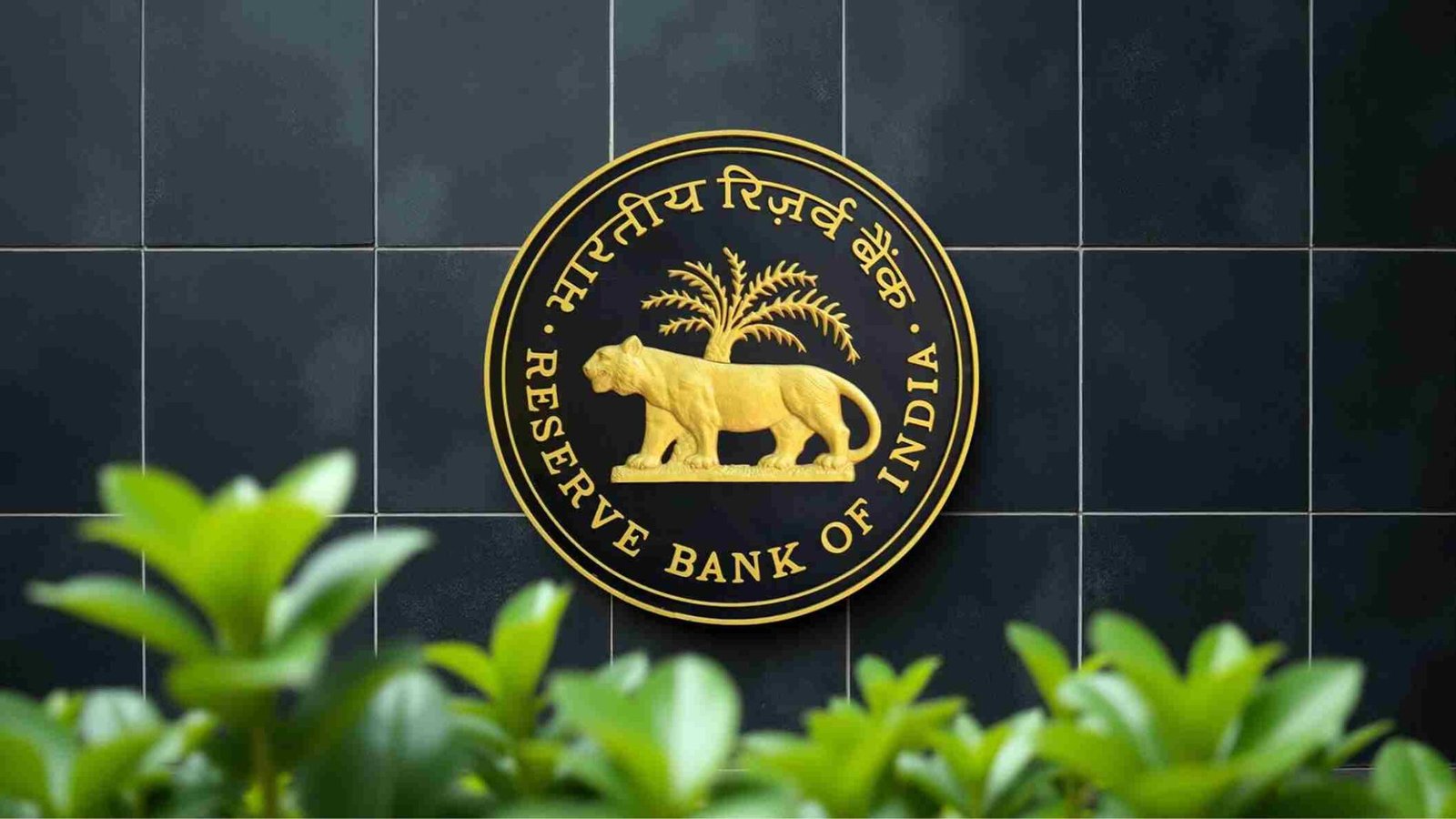MUMBAI — When India’s central bank looked closely at its ledgers, it found billions lying idle — money forgotten in old savings accounts, dormant deposits, and unclaimed balances.
Now, the Reserve Bank of India (RBI) has launched a nationwide awareness campaign to help citizens and their families reclaim these long-lost funds. The drive targets accounts that have remained inactive for over a decade and whose balances were transferred to the Depositor Education and Awareness (DEA) Fund, a special pool managed by the central bank.
According to officials, the initiative will run until December 2025, with banks holding outreach camps and public sessions across the country. “This is not just about unclaimed deposits,” said an RBI officer involved in the campaign. “It’s about restoring public trust and ensuring that no Indian’s hard-earned savings are lost in the system.”
The Digital Key: How UDGAM Helps Track Old Accounts
To simplify the recovery process, the RBI has developed a central portal — UDGAM (Unclaimed Deposits Gateway to Access Information).
Through UDGAM, users can check if they or their family members have any unclaimed funds across multiple banks by entering basic details like name and date of birth. If a match is found, claimants can visit any branch of the relevant bank with valid KYC documents — such as Aadhaar, passport, voter ID, or driving license — to reclaim the money.
Banks have been instructed to ease procedural hurdles and assist customers in verifying ownership. Once confirmed, the funds are released to the rightful claimant or nominee. “The goal is to make the experience paper-light and people-friendly,” the RBI noted in its statement.
Importantly, the central bank clarified that even after transfer to the DEA Fund, such deposits continue to accrue interest, if applicable, until claimed.
The Awareness Push: ‘RBI Kehta Hai’ Goes Grassroots
The new campaign falls under the RBI’s ongoing public outreach initiative, “RBI Kehta Hai – Jankaar Baniye, Satark Rahiye” (Be Informed, Stay Alert).
Throughout the next few months, special awareness camps will be organized in partnership with commercial banks, regional rural banks, and cooperative institutions. Posters, radio spots, and short videos will explain how to track, verify, and reclaim forgotten deposits.
In regions with low financial literacy, the RBI has enlisted local language outreach programs to ensure inclusivity. “Every rupee that lies unclaimed is a citizen’s right waiting to be restored,” said a senior banker at a Mumbai branch hosting the first series of awareness camps.
Beyond Forgotten Money: A Broader Push for Financial Literacy
The move is part of a broader financial inclusion and transparency agenda, aligning with RBI’s efforts to strengthen consumer protection.
India’s expanding banking network and rapid digitization have brought millions into the formal economy, but they’ve also created layers of inactive accounts — from migrant workers’ savings to deceased customers’ deposits left unnoticed.
Financial experts view this as both a logistical challenge and an opportunity. “The DEA Fund represents a paradox,” said economist R. Rajan. “It’s a symbol of financial neglect and a reminder of the system’s commitment to give back.”
By integrating technology with awareness, the RBI hopes not only to return dormant money but also to promote a culture of financial vigilance — where every depositor knows their rights, every account is traceable, and no rupee goes missing in the fine print of bureaucracy.


